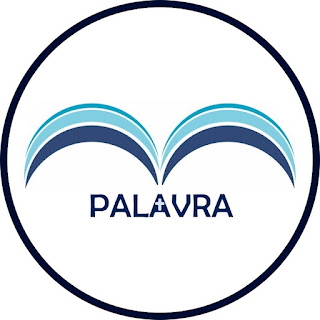Meaning and use
There are two ways to ask questions in English – directly and indirectly. Both have the same meaning, but we use indirect questions if we want to sound more formal or polite, especially when we are talking to people we don’t know.
(direct question) What time is it?
(indirect question) Could you tell me what time it is?
When we create indirect questions, the thing we are asking about becomes part of a longer question. We use introductory phrases such as:
Can/could you tell/show me …?
Do you know …?
Would you mind telling/showing me …?
Have you any idea …?
I wonder …
I wonder if you would mind telling/showing me …?
This is followed by a question word, such as what, who, when, where, how, or by if/whether, and then the information we want to know. The word order changes from the order of a direct question. Indirect questions have the same word order as statements.
(direct question) Where is the photocopier?
(indirect question) Do you know where the photocopier is?
If we are making an indirect question from a direct question that already contains a question word, like what, who, when, where or how, we keep that same question word.
(Direct question) - What is the dress code in the office?
(Indirect question) - Could you tell me what the dress code is in the office?
If the direct question doesn’t have a question word, then we use if or whether in the indirect question. We can use these interchangeably, although if is a little more informal.
(Direct question) - Is the coffee for everyone?
(Indirect question) - Could you tell me if the coffee is for everyone?
Form
Indirect questions have the same word order as statements:
introductory phrase + if or whether/question word + subject + verb
Look at the following:
(statement) - The meeting is at two.
(direct question) - When is the meeting?
(indirect question) - Do you know when the meeting is?
(indirect question) - Do you know if the meeting is at two?
Notice that the subject and verb in indirect questions after the question word when or if/whether are in the same order as in statements, i.e. subject + verb
(subject) (verb)
The meeting is …
… the meeting is
In the direct question, however, the order is verb + subject after the question word.
When is the meeting?
Take note: do, does and did
In the present and past simple, we use do/does or did to make direct questions. We don't use these auxiliaries when we make indirect questions in the present and past simple.
(direct question) - What time does the meeting start?
(indirect question) - Can you tell me what time the meeting starts?
(direct question) - Why did you leave your last job?
(indirect question) - Can you tell me why you left your last job?
(direct question) - Did Mr Yenko ring yesterday?
(indirect question) - Do you know if Mr Yenko rang yesterday?
http://www.bbc.co.uk/learningenglish/english/course/lower-intermediate/unit-21/tab/grammar


